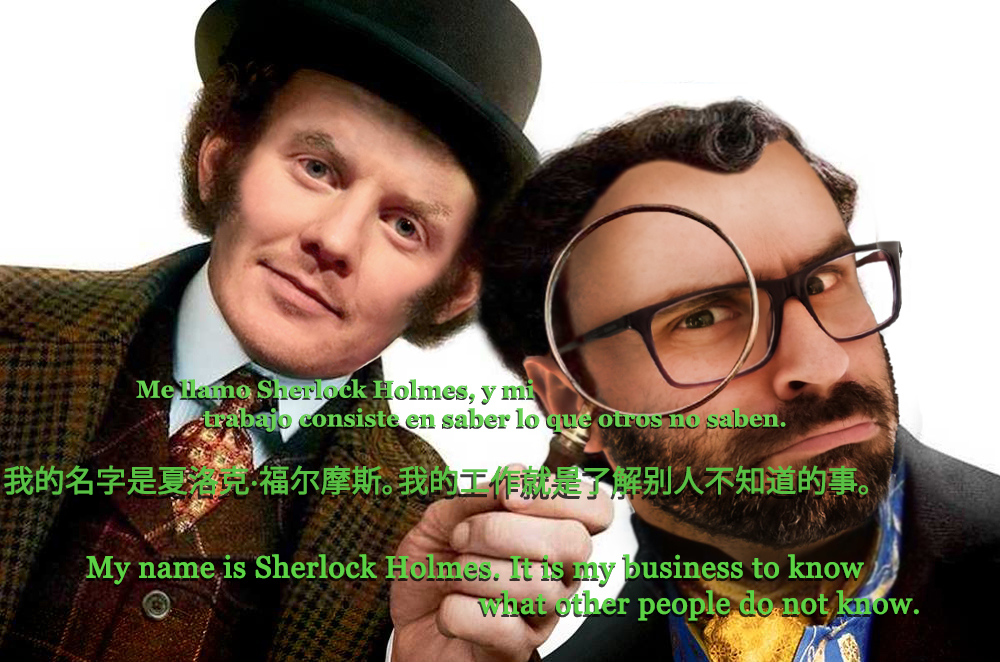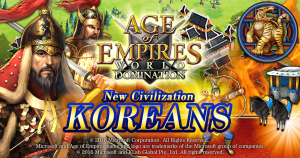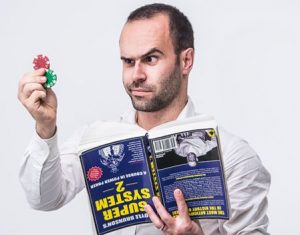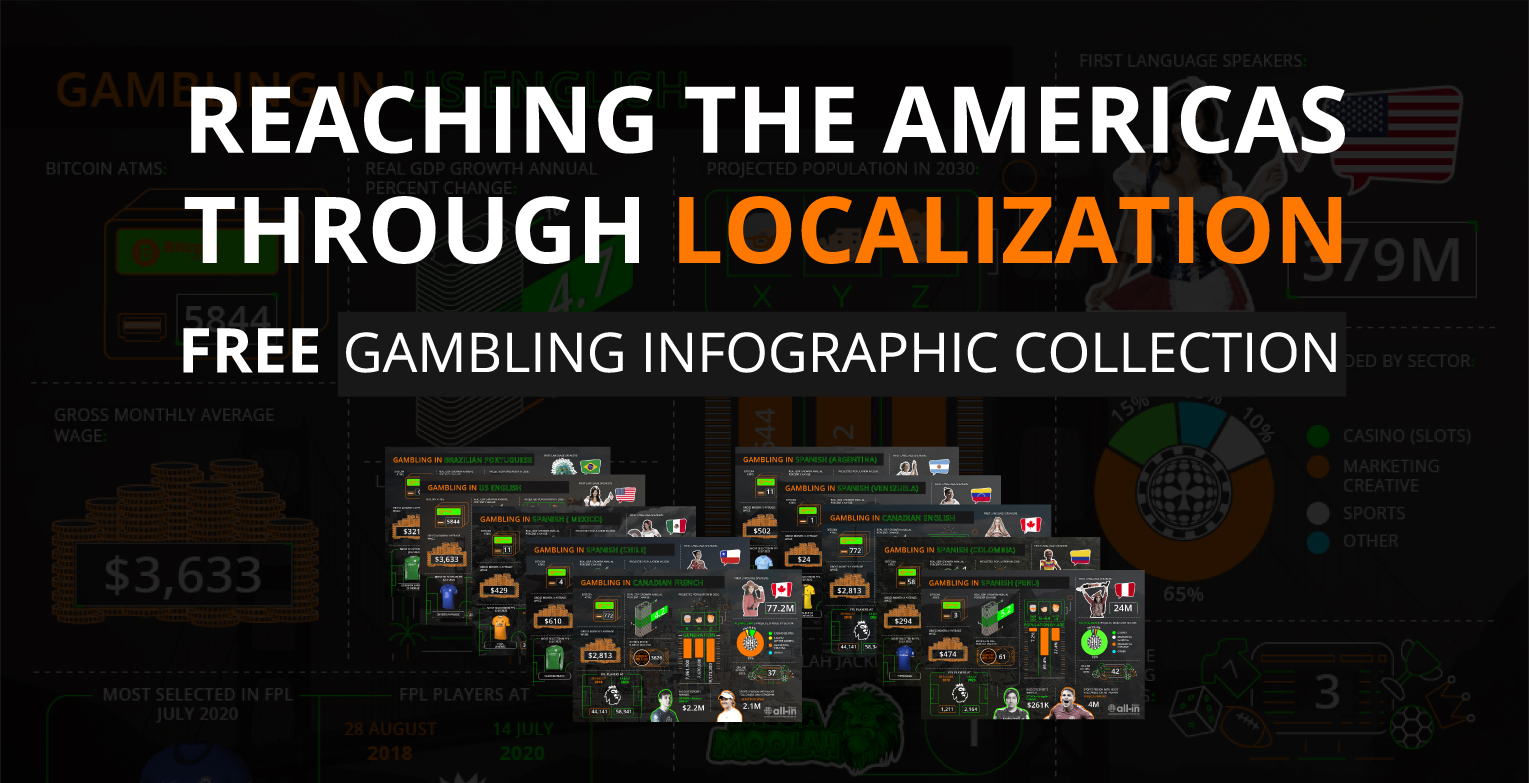
Wed Feb 26th / Roy Pedersen
SIMPLE SOLUTIONS IN THE LANGUAGE SERVICE JUNGLE
As our slogan suggests, the mission of All-in Global is to provide the gaming industry with language solutions you can bet on. In this blog post, we take a look at the difference between the language services on the market and where to find the best value in 2020.
If you are investing in language services to grow your brand you might be a bit confused about all the classifications used to describe the different services offered. Our aim here is to explain exactly what each service name means and what is included (and not) when you purchase it.
TRANSLATION AND LOCALIZATION
Firstly, let’s look at the difference between translation and localization. Up until last year, the name of our company was All-in Translations. All-in obviously indicated that we specialise in gambling content, but the word translation was an understatement of the service we delivered. So why did we call our company that? Because everyone knows what translation means, and it gave a fairly accurate description with a catchy name. A much more precise name would be All-in Localization, but that is a much narrower term which many people wouldn’t immediately understand. Also, it didn’t have such a nice ring to it.
Translation is the process of rendering a text from one language to another so that the meaning is the same, whereas localization is about making sense and conveying the right meaning with the intended emotion in that particular locale, using cultural settings to enhance the effectiveness of communication. At our company, we never really distinguished between the translation and localization, because our translators – you can also refer to them as localization professionals – always know whether a text needs to be just translated or if it needs to be adapted to a particular audience. For many projects, it is fairly obvious by just looking at the source text, but to increase the precision of our work we provide the translators with a brand brief which includes information about the tone, target personas and target area, among other things, of the client we are working with.
All of this is included in our base rate for translation/localization, which is often emphasized as one of our advantages when clients leave us a good review. We don’t charge extra for quick deliveries, glossary management or quality assurance, and we have no minimum fees.
Terms like internationalization and globalization are other terms used by language service providers and it’s mystifying to pinpoint exactly what each company includes when mentioning these terms. All we know is that we do perform many services that could be categorised as internationalization or globalization and that we don’t charge extra for that either. We should also mention culturization which is one of the few services that lies a bit beyond us. Although we do perform some culturization from a textual point of view and are generally happy to provide suggestions based on culture, this term is more commonly used to describe e.g. the covering of naked skin in a video game, or more specifically the incident when Microsoft had to release a special update of Age of Empires for Korean users due to a historical dispute.

CONTENT WRITING AND COPYWRITING
In the summer of 2019, we changed our name from All-in Translations to All-in Global. We wanted to help the gaming industry understand that we don’t just offer translation and localization, we also offer many other language services.
Our 2nd most popular service we refer to as content writing. This has been subject to much internal debate because copywriting is a very similar description and it often tells a better story of the service we deliver. At the end of the day, it boils down to the nature of each project. Our understanding is that most people won’t put much in distinguishing the variance between content writing and copywriting, but we wanted to stick to one of the service names for consistency in our marketing.
There are two reasons why we decided on content writing. Firstly, “content” seems to be the most common description in the gaming industry. Writers are normally referred to as content writers and people in iGaming are normally talking about writing content instead of writing copy. A quick search on Ecosia (the search engine that plants trees) shows the other reason for choosing content writing over copywriting: 24,4 million hits on content writing compared to 5,5 million hits for copywriting. A Google search has approximately the same ratio.
If you have read this far you are clearly very interested in languages and you probably want to know the actual distinction between the two. I have found it a bit challenging to explain myself, but this explanation on blog.quiet.ly is spot-on:
The greatest distinction between copywriting and content writing lies in its purpose. Copywriting is selling your personas on your brand; content writing is subtly telling them about it while delivering valuable content.
If we were to use All-in Global as an example, our slogan “language solutions you can bet on” could be characterised as copywriting whereas this blog post is a piece of content writing.
We have found that the easiest way to operate here for both our clients and us is to charge the content writing service per word. The price is pretty much always the same. If quantity is your main goal we recommend that you look elsewhere. But if your intention is to produce content that people will enjoy reading you won’t find better value than here for gaming content.

PROOFREADING AND QA
This is where it gets a bit complicated. We recommend that you clarify exactly what is included with your language service provider before confirming a quote. You can request a free quote from us where you can choose exactly which services to include. At All-in Global we believe firmly in transparency.
It usually boils down to how many people are involved in the process of a language project.
If you are having a text translated/localized into several other languages and the original text is not written in the writer’s mother tongue/native language, or the writer is not a professional writer, we recommend that the text is proofread before we send it for translation/localization. This is one type of proofreading and it’s normally not included.
Something we also call proofreading (or checking) is when the original translator checks their own text. In the contracts we have signed with all of our translators there is a clause detailing how they are supposed to proofread their work before submitting it. It includes checking a text thoroughly for errors both manually and with an automatic spellchecker. We also recommend that the translator reads the translation out loud. This way they can often understand whether the flow needs to be improved in certain parts. This process is standard and included free of charge when ordering a translation project with All-in Global.
What’s also included is QA which stands for Quality Assurance. Our dedicated QA team in the Porto office makes sure that all translation projects are spotless. They use QA tools to check and to fix all types of errors while evaluating the translators and revisers on a daily basis. Our QA procedure detects simple but dangerous errors such as incorrect numbers, like in this example of a Hungarian slot translation:
ENGLISH SOURCE TEXT: Level 4 – 9x multiplier and level 5 – 12x multiplier plus 1500 coins bonus.
HUNGARIAN TRANSLATION: 4. szint: 8x szorzó, 5. szint: 12x szorzó és 15000 érmés bónusz.
Do you see the problem? The translators wrote 8x instead of 9x and 15000 instead of 1500. It’s sloppy, but humans make mistakes like these. That’s why it’s so important with revising and QA.

REVISION AND RE-WRITING
When the text or translation is sent to a 2nd translator for improvement and checking we call it revision and this is always included in the localization process.
What we sometimes also include in the process is a full-context review, also known as in-context review or post-editing. As the name(s) indicates this is when a text is reviewed after it is uploaded to its full context. It gives a special kind of insight to see a translation when it’s uploaded the way it’s supposed to look in its final form, either in a slot machine, another type of game or on a website. Things can go wrong during the uploading process, like formatting issues and length limitations (some languages are longer than others), and this will easily be spotted. If the full-context review involves a game the reviewer will play through the translated parts of the game. In this process, we often see that the reviewer finds words that convey something better than what was done in the original translation when looking at the game from a closer point of view. The same goes for a website. For example, if the depositing part of the cashier page requires a bit more finesse when there are many choices involved for the website visitor.
Rewriting is a term we have placed under our content writing category. We use it for those cases where a text is altered beyond what would qualify as editing. Rewriting allows you to freshen up the stale chunks of content on your gaming website without huge investments or long timeframes. If your content stays valuable, attractive, and useful to your players, it gets automatically recycled as “food” for search engines, so you’ll be able to rank higher in SERPs and drive more traffic to your website by breathing new life into your outdated pages. The price per word for rewriting lies somewhere between the price of a full-context review and content writing from scratch.

SPECIALIST VS. GENERALIST
Many translation agencies operate with different prices whether you want to have a specialist translator or not. They add a significant fee when the specialist box is ticked. This is something to look out for. At All-in Global we always and only assign translators who are specialists in the subject of each project. We firmly believe this is the best way to achieve a good result.
Just ask yourself whether you would be capable of translating a text about something you didn’t know or care about in a stimulated manner? This is one of our most important mantras, to only assign translators with passion and knowledge for the specific subject! Our subjects of expertise include iGaming, sports betting, esports, sports and FinTech.







37 thoughts on “SIMPLE SOLUTIONS IN THE LANGUAGE SERVICE JUNGLE”
Comments are closed.